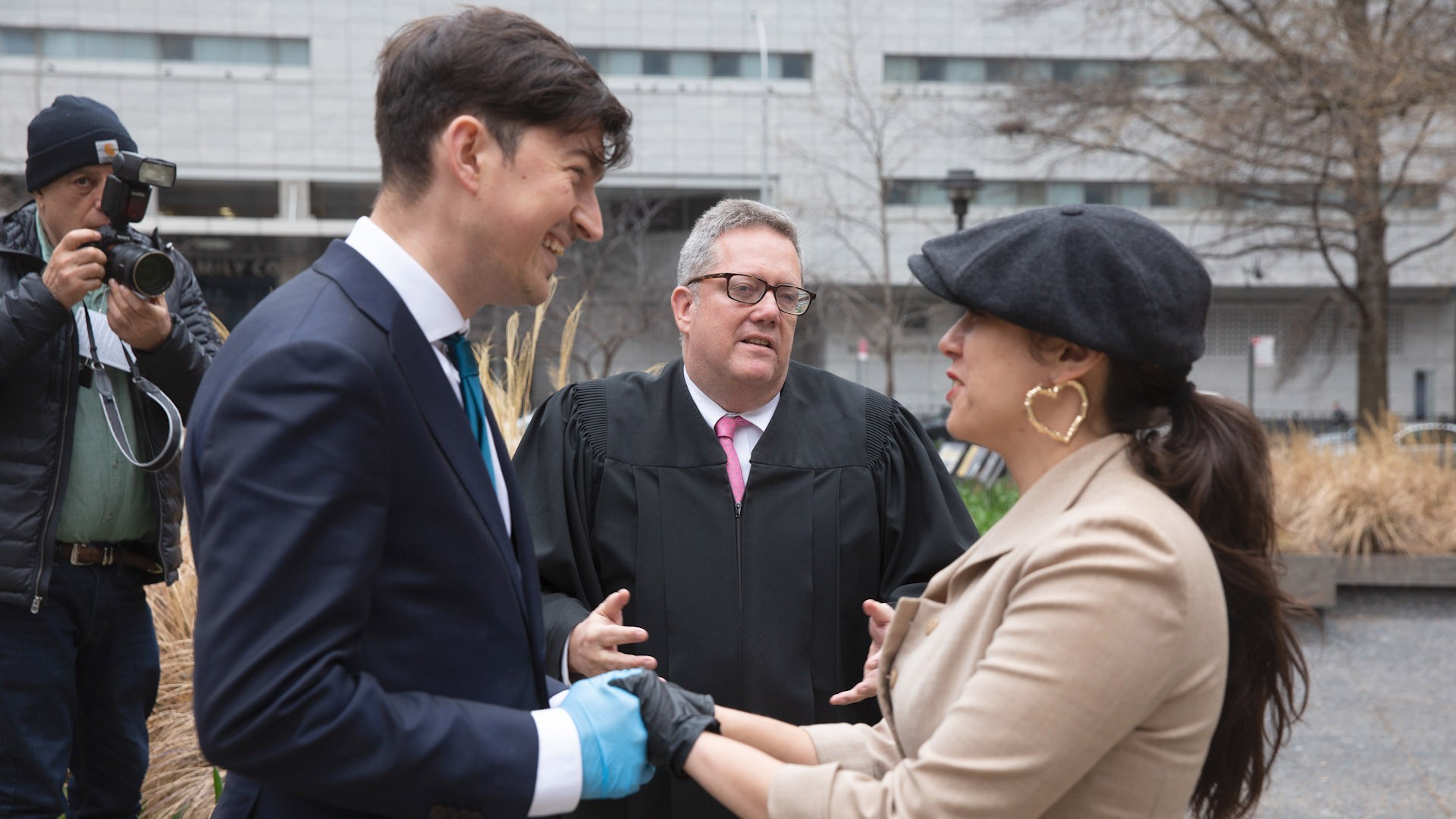
This photo taken on April 5, 2018, shows a man lying inside a traditional Thai coffin at the Kid Mai Death Awareness Cafe, an exhibition built to educate the public about death and Buddhism, in Bangkok. With drinks called "death" and "painful" on the menu and a skeleton splayed out on a couch in the corner, the meet-your-maker theme is alive and well at this open-air lunch spot in the Thai capital. Photo: LILLIAN SUWANRUMPHA / AFP
This photo taken on April 5, 2018, shows a man lying inside a traditional Thai coffin at the Kid Mai Death Awareness Cafe, an exhibition built to educate the public about death and Buddhism, in Bangkok. With drinks called "death" and "painful" on the menu and a skeleton splayed out on a couch in the corner, the meet-your-maker theme is alive and well at this open-air lunch spot in the Thai capital. Photo: LILLIAN SUWANRUMPHA / AFP
